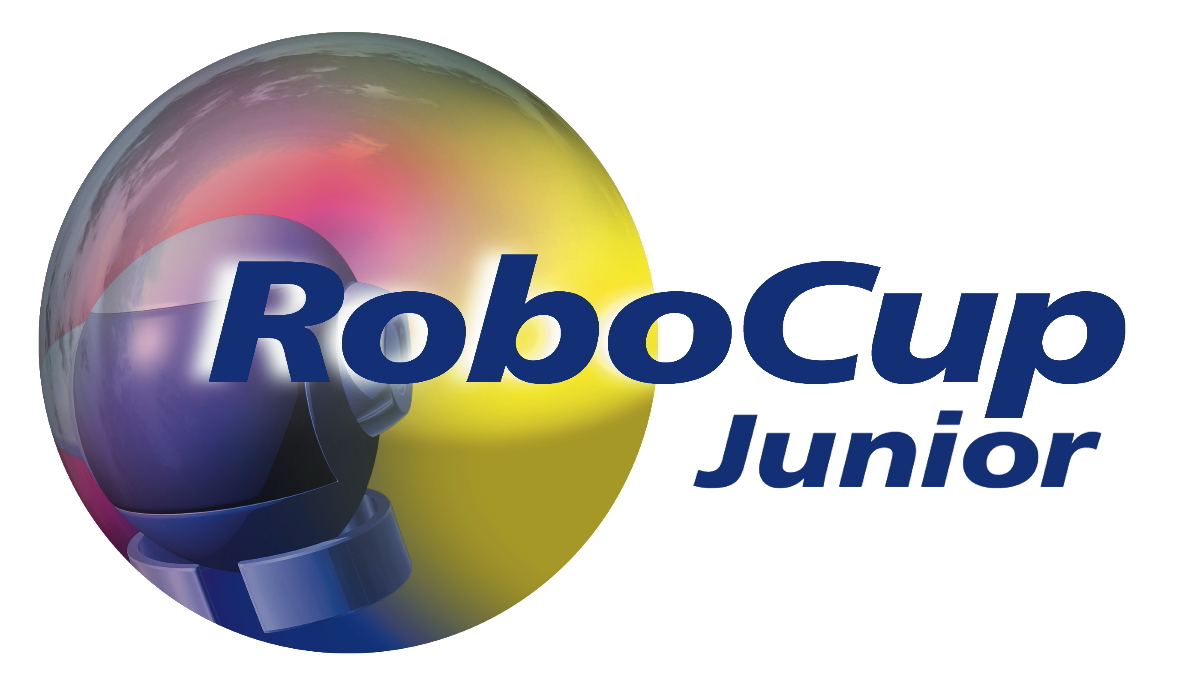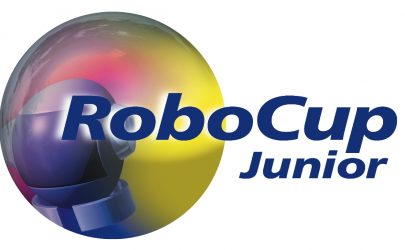Background
More than twenty five years ago, the birth of personal computers spawned a new era in the age of technology, and educational applications began to infiltrate classrooms. At the same time, Seymour Papert linked technology with Jean Piaget’s constructivist theory of education to produce LOGO (or “turtle geometry”), a simple programming language that allows young students to learn geometry through computer-based exploration. Papert published these ideas in his book Mindstorms and introduced the notion of constructionism which states that children learn best when they are actively involved in building something that is meaningful to themselves.
Meantime, Howard Gardner put forth his “theory of multiple intelligences”, which describes each human mind as a unique combination of talents expressed across a wide range of cognitive spheres. His book Frames of Mind has been extremely influential in the field of education and has helped drive the trend in classrooms towards teamwork and projects that encourage and motivate different children with different needs.
RoboCupJunior aims at bringing together many of these ideas, promoting project-oriented, team-based education, giving children with a variety of interests and abilities an opportunity to pick their own challenges while contributing to the progress of the whole.
History
RoboCupJunior began in 1998, with a demonstration at RoboCup-98 in Paris. The following year, RoboCup-99 in Stockholm exhibited the first interactive RoboCupJunior workshops. At RCJ 2000 in Melbourne, over 100 children participated from 25 schools around Australia, as well as from Germany and the USA. Students entered one of three challenges: soccer, line-following sumo, and dance. In addition, over 500 local school children toured the RoboCup venue and learned about the initiative.
RCJ 2001 was held in Seattle, USA, where 25 teams from four countries (USA, Australia, Germany, UK) entered soccer, rescue, and OnStage challenges. A workshop was held following the tournament, where researchers shared their ideas and progress in educational robotics.
RCJ 2002 was held in Fukuoka, Japan, where 59 teams from 12 countries participated.
RCJ 2003 was held in Padova, Italy in July 2003, where 57 teams from 15 countries participated.
RCJ 2004 was held in Lisbon, Portugal in July 2004, where 162 teams from 18 countries participated.
RCJ 2005 was held in Osaka, Japan in July 2005, where 163 teams from 18 countries participated.
RCJ 2006 was held in Bremen, Germany, in June 2006, where 240 teams from 22 countries participated.
RCJ 2007 was held in Atlanta, USA, in July 2007, where 154 teams from 23 countries participated.
RCJ 2008 was held in Suzhou, China, in July 2008, where 201 teams from 20 countries participated.
RCJ 2009 was held in Graz, Austria, in June-July 2009, where over 200 teams from 25 countries participated.
RCJ 2010 was held in Singapore, in June 2010, where 289 teams from 26 countries participated.
RCJ 2011 was held in Istanbul, Turkey, in July 2011, where about 280 teams from 29 countries participated.
RCJ 2012 was held in Mexico City, Mexico, in June 2012, where about 209 teams from 27 countries participated.
RCJ 2013 was held in Eindhoven, Netherlands, in June 2013, where about 206 teams from 31 countries participated.
RCJ 2014 was held in João Pessoa, Brazil, in July 2014, where about 192 teams from 34 countries participated.
RCJ 2015 was held in Hefei, China, in July 2015, where about 167 teams from 32 regions participated.
RCJ 2016 was held in Leipzig, Germany, in July 2016, where about 209 teams from 35 regions participated.
RCJ 2017 was held in Nagoya, Japan, in July 2017, where about 194 teams from 37 regions participated.
RCJ 2018 was held in Montréal, Canada, in June 2018, where about 188 teams from 41 regions participated.
RCJ 2019 was held in Sydney, Australia, in July 2019, where about 177 teams from 32 regions participated.
RCJ 2020 was postponed.
RCJ 2021 was held remotely, in June 2021, where about 182 teams from 33 regions participated.
RCJ 2022 was held in Bangkok, Thailand, in July 2022, where about 90 teams from 30 regions participated.
RCJ 2023 was held in Bordeaux, France, in July 2023, where about 140 teams from 29 regions participated.
RCJ 2024 was held in Eindhoven, Netherlands, from July 17 to 21 2024.
RCJ 2025 was held in Salvador, Brazil, from July 15 to 21 2025.
RCJ 2026 will be held in Incheon, South Korea from June 30 to July 6th. 2026.
RCJ 2027 will be held in Nuremberg, Germany from June 15 to 21 2027.


